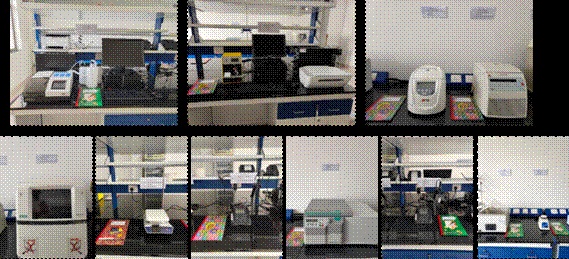For thousands of Australians grappling with serious mental health conditions, the burden of treatment often includes troubling side effects from antipsychotic medications. Chief among these is weight gain, compounding the challenges of managing conditions like schizophrenia and bipolar disorder.
In a groundbreaking development, researchers at the University of South Australia have pioneered a novel approach to mitigate these side effects while enhancing treatment efficacy. Funded by the Hospital Research Foundation (THRF) Group, the study focused on reformulating antipsychotics using a pioneering coating technology.
Lead researcher Dr. Paul Joyce explained that their innovation involves using microcapsules with a smart core-shell structure, crafted from dietary fibre inulin and bioactive medium chain triglycerides. These microcapsules are designed to target the gut microbiome, crucial for improving drug absorption and minimizing adverse effects such as weight gain.
“Most patients prescribed antipsychotics experience significant weight gain due to disruptions in their gut microbiome,” Dr. Joyce noted. “Our research demonstrates that by enhancing drug absorption and supporting a healthier gut environment, we can potentially alleviate these adverse effects.”
The study specifically evaluated Lurasidone, a medication used for treating schizophrenia and bipolar depression. Results indicated that the new formulation not only boosted drug absorption by eight-fold but also enhanced serotonin levels by over 250%, crucial for mood regulation.
Dr. Joyce emphasized the broader implications of their findings, suggesting that this approach could revolutionize mental health treatment worldwide. “By improving the delivery and efficacy of existing medications, we can enhance patient outcomes and reduce the burden associated with these conditions,” he stated.
The next phase of the research involves clinical trials to validate these findings in human patients. If successful, the technology could be adapted for other mental health therapies, offering hope for a future where treatments are not only more effective but also gentler on patients’ overall health.
This breakthrough promises to reshape the landscape of mental health care, potentially bringing relief to millions globally who rely on antipsychotic medications to manage their conditions. As the research progresses, the prospect of a new era in psychiatric treatment looms closer, driven by innovation and a commitment to improving patient well-being.
For further updates on this research and its implications, stay tuned to leading scientific publications and academic journals.












